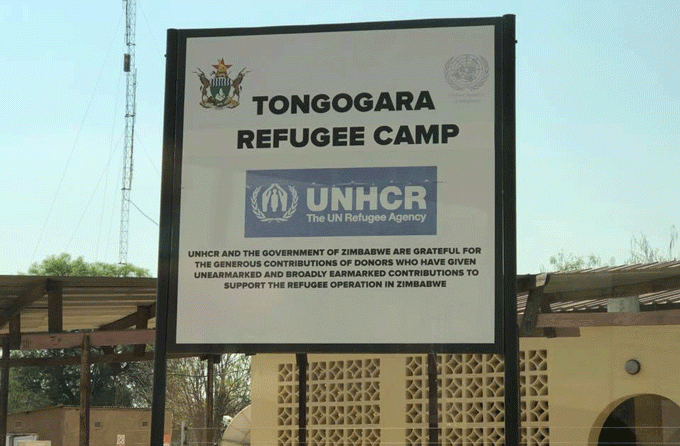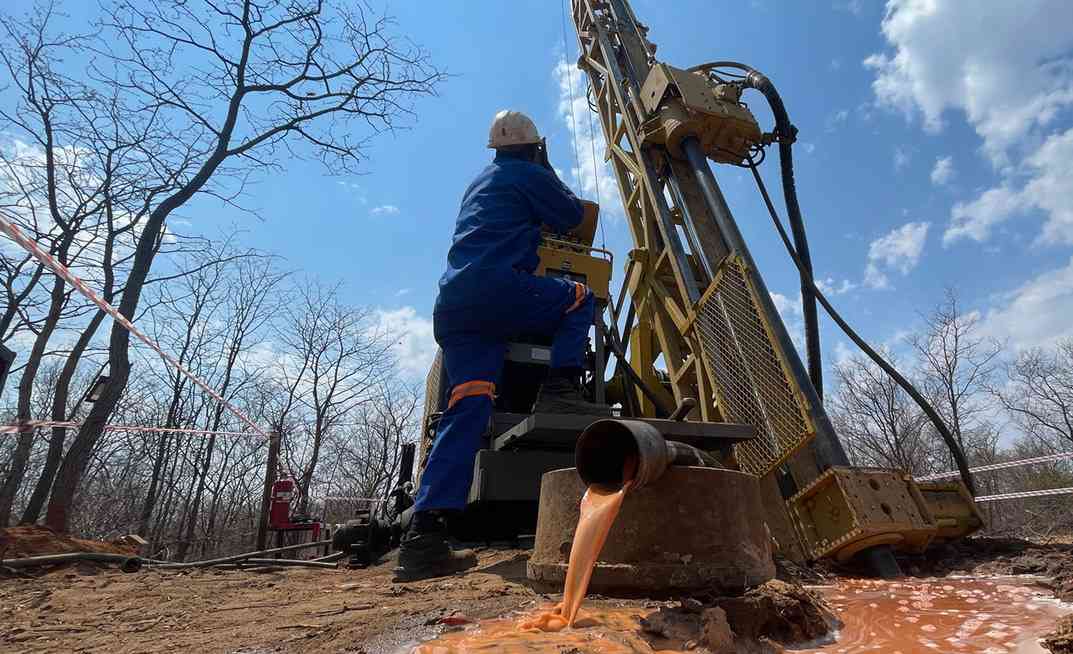
AUTHORITIES at Tongogara Refugee Camp in Chipinge, Manicaland province, say they are doing everything possible to protect refugee children, especially those who are unaccompanied, in accordance with international conventions.
Tongogara Refugee Camp is home to 15 835 refugees and asylum seekers.
These include families, unaccompanied minors and separated children.
Specific protection for refugee children is provided in Article 22 of the Convention on the Rights of the Child and Article 23 of the African Charter on the Rights and Welfare of Children.
It states that the best interests of the child is paramount, especially for unaccompanied refugee children at all stages of their displacement cycle until they receive appropriate accommodation.
“We have 73 unaccompanied children and 46 separated children at Tongogara Refugee Camp,” camp administrator Johanne Mhlanga said.
“Our mandate as the government of Zimbabwe is to make sure that these unaccompanied children and separated children are fully protected in line with refugee and children’s conventions.
“We are happy that organisations like Red Cross are implementing programmes that facilitate the enhancement of children’s rights.”
- Teachers, other civil servants face off
- Veld fire management strategies for 2022
- Magistrate in court for abuse of power
- Vungu Dam water treatment and irrigation project takes off
Keep Reading
Mhlanga said the Restoration of Family Links programme, which the Zimbabwe Red Cross Society (ZRCS) was implementing at Tongogara Refugee Camp, sought to help unaccompanied children and separated children.
ZRCS is implementing the Restoration of Family Links with support from the International Committee of the Red Cross.
“As part of the global Red Cross Movement, the ZRCS offers the Restoration of Family Links programme which seeks to prevent family separation, restore and maintain family contact, reunite families and clarify the fate of missing persons by offering the following services for free: Red Cross messages, wi-fi services, tracing of loved ones, phone call services, trace the face, RedSafe mobile app and phone charging,” ZRCS secretary-general Elias Hwenga said.
He said the Restoration of Family Links programme had a component for unaccompanied children and separated children.
Children are the most vulnerable in refugee camps.
Various organisations, in partnership with the government, provide the basics such as food and blankets, and offer programmes to help children cope with tragedy.










